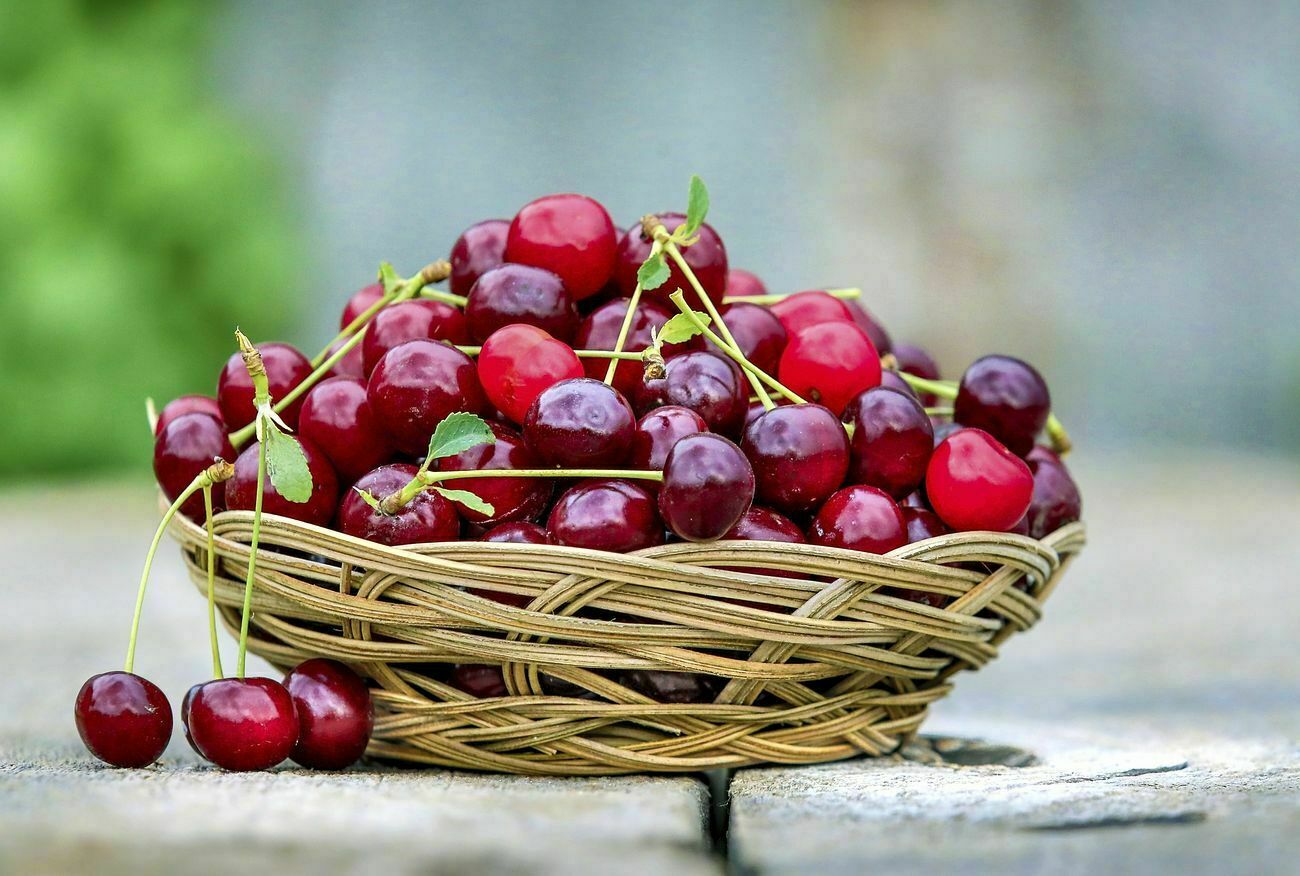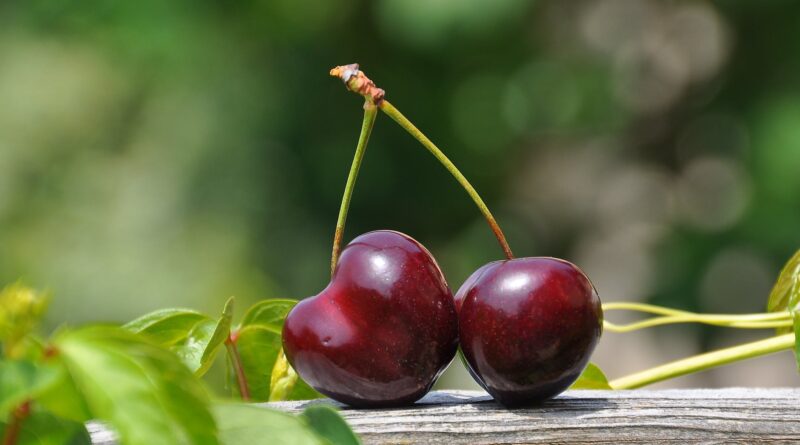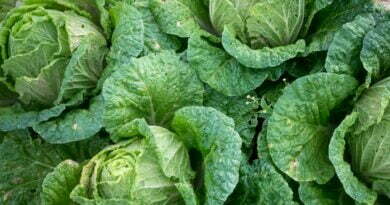How to Grow Cherries: Tips, Health Benefits, and Meal Ideas
Cherries are not only delicious, but they also have a variety of health benefits. Growing your own cherries on an allotment can be a rewarding and enjoyable experience, and in this guide, we’ll cover everything you need to know about growing cherries, as well as some health benefits and meal ideas to try.
Choosing the right cherry tree
Before you can start growing cherries, you’ll need to choose the right cherry tree for your allotment. There are two main types of cherries: sweet cherries and sour cherries. Sweet cherries are the type you’ll find in most grocery stores, and they’re typically eaten fresh. Sour cherries are less sweet and more acidic, and they’re often used for baking and making jams.
When choosing a cherry tree for your allotment, consider the space you have available, as well as the climate and soil conditions. Cherry trees prefer well-draining soil with a pH between 6.0 and 7.5, and they need full sun to thrive. Some popular cherry tree varieties include Stella, Lapins, and Van for sweet cherries, and Montmorency and Morello for sour cherries.
Planting and caring for your cherry tree
Once you’ve chosen your cherry tree, it’s time to plant it in your allotment. Cherry trees should be planted in the early spring or fall, when the ground is not frozen. Dig a hole that’s twice as wide and deep as the root ball, and add some compost or fertilizer to the soil to help the tree establish itself.
Water your cherry tree regularly, especially during dry spells, and prune it annually to maintain its shape and promote healthy growth. Cherry trees are also prone to pests and diseases, so it’s important to monitor your tree regularly and take action if you notice any signs of damage.

Health Benefits of Cherries:
Cherries are not only a tasty fruit, but they also offer numerous health benefits. They are low in calories and high in fiber, making them a great option for those looking to maintain a healthy weight. Cherries are also rich in antioxidants, which can help protect against inflammation and reduce the risk of chronic diseases like cancer and heart disease. In addition, cherries are a good source of vitamin C and potassium, which are essential nutrients for overall health.
Meal Ideas:
Cherries can be used in a variety of dishes, from sweet to savory. Here are some meal ideas to incorporate cherries into your diet:
- Cherry Smoothie: Blend cherries, yogurt, and almond milk for a refreshing and nutritious smoothie.
- Cherry Salad: Mix cherries with greens, goat cheese, and nuts for a delicious and healthy salad.
- Cherry Salsa: Combine cherries, red onion, cilantro, and lime juice for a sweet and tangy salsa that pairs well with grilled meats or chips.
- Cherry Glazed Pork: Use cherries to make a sweet and savory glaze for pork chops or tenderloin.
- Cherry Crisp: Bake cherries with oats, almonds, and cinnamon for a healthy dessert that satisfies your sweet tooth.
Growing cherries in your allotment is a great way to enjoy fresh, nutritious fruit while reaping the benefits of gardening. Incorporating cherries into your meals can provide a variety of health benefits, including reducing inflammation and lowering the risk of chronic diseases. Whether you use cherries in sweet or savory dishes, they are a versatile and delicious addition to any meal. So, start planting your cherry trees and get ready to enjoy the many health benefits and culinary possibilities they offer!




